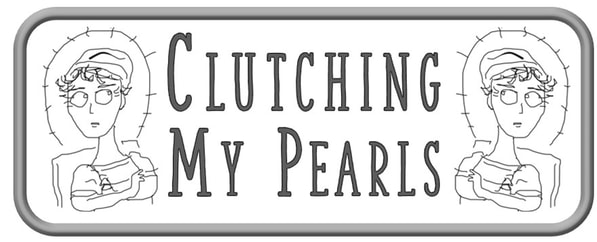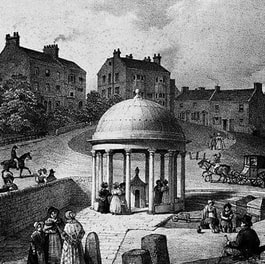Click here for the first in the series.
 Lasting legacy
Lasting legacy I am exploring the assumption--well, more than an assumption, it's become an article of faith--that the name "Mansfield" in Mansfield Park is a subtle allusion to Lord Mansfield. That is, our modern scholars take it for granted that a book published 21 years after Lord Mansfield's death would inevitably make readers of that era think of the eminent British jurist. The follow-on assumption is that the top-of-mind association for that reader, at that time, was Mansfield's ruling in the Somerset v. Stewart case which effectually ended the practise of slavery on British soil.
I think both of these assumptions can be tested, or at least prodded at a little bit.
As to why I am interested in this question: yes, it's true that I don't think Mansfield Park is about slavery, even though it's about a family with colonial property, therefore I doubt that an allusion to Lord Mansfield is intended. But I'm also perplexed about the way that scholars of literature can make these assertions without even attempting to test them--and they can be tested. We can look for evidence to support or detract from the assertion and we can weigh possibilities. I'm perplexed when scholars share assertions about Austen's meaning that have no more substance behind them than if they had communed with her shade using a Ouija board. They make little to no attempt to test the plausibility and historicity of their assertions, which of course leaves them open to the suspicion that they simply believe what they want to believe. As an example, some confidently believe that Austen viewed marriage in the same light as slavery, and subtly conveyed this message in her novels. They want to believe Austen was a radical girl boss, not a woman who held the conventional moral and political views of her time.
Questioning our assumptions starts with placing Austen's work in its time, not our time....







 RSS Feed
RSS Feed